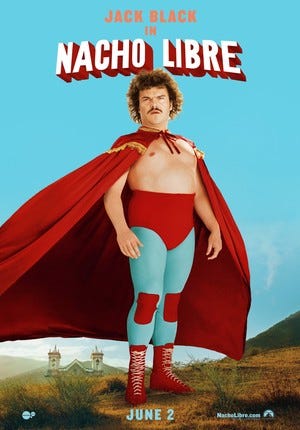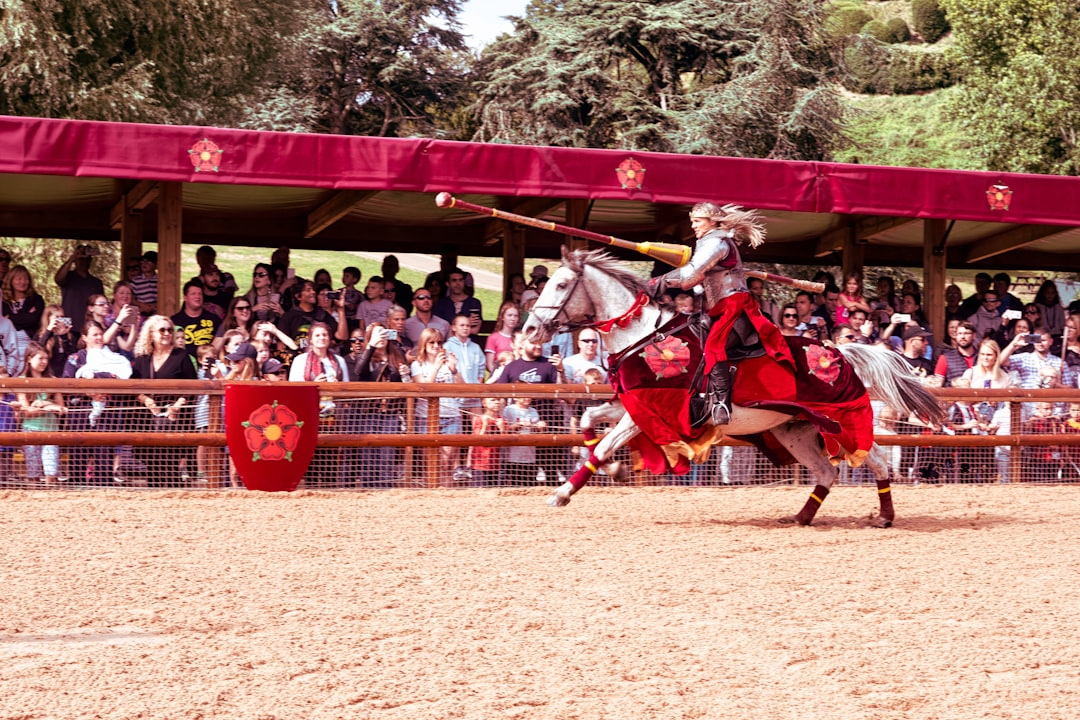
Did you know that the Statue of Liberty’s real name is “Liberty Enlightening the World?” Sometimes we call her “Lady Liberty,” too, and that’s my favorite nickname for her. She’s lovely, isn’t she, but what she represents is one of the loveliest things humans can experience, so on this special day when people all over the United States are celebrating their liberty, I thought it would be a good time to share some cognate cognizance about the word.
liberty — the state or quality of being free (this is simplified but sufficient)
libertad — the Spanish cognate of the same meaning
Seeing Lady Liberty serves as a reminder that in Spanish, the word “libertad” is feminine, so it’s “la libertad.” “Liberty” and “libertad” go back to the Latin word liber, which means “free.”
Knowing this is helpful to learn the Spanish word for “free” which is “libre.” “Libre” means “free” in the sense of being unrestrained and “free” to do as you want. This is not the word for “free” when you mean that something doesn’t cost anything — that word is “gratis.”
The Latin word for free, liber, survives in our word of “liberty” and in the Spanish cognate of “libertad.” It also shows up in “liberate,” which means to set something or someone free. In Spanish, that word is “liberar.” “Liberation” is the act of being set free, whether from actual confinement or from a confining situation. Thus, we have “Women’s Liberation,” which is usually shortened to “Women’s Lib,” but I like the longer form myself. In Spanish, the word is “liberaciόn.”
If you are “liberal” with something, you are generous, or free, with it. I’m referring to non-political “liberalism” right now, but even that is intended to suggest an openness or freedom of thought. Someone who is “liberal” with the salt uses a lot of it on his food, for example. “Liberal” has an exact cognate in Spanish — “liberal.”
“Give me liberty or give me death,” is a well-known quote from Patrick Henry’s speech from March 1775 that became the very war cry of our revolution that led to our liberty and independence. I know that today, July 4, 2022, I give special thanks to people like Henry and wish more people would appreciate all we have here in the United States.
If you study Spanish, you will encounter the word “libre” often. Interestingly, it’s part of the term for wrestling, which is “lucha libre.” That actually translates to “free fighting.” If you’ve ever watched Mexican wrestling, perhaps you know they are called “luchadores,” which really comes closer to meaning “fighters.”
I’ve long enjoyed Jack Black as an actor, and I got a special kick out of his film, “Nacho Libre.” This has nothing to do with nacho chips, I assure you. Nacho is short for Ignacio, and that is his name in the movie. He wants to be a “luchador.” What does a “luchador” do? He wrestles. What is that called? “Lucha libre.” Thus, Ignacio becomes a wrestler called “Nacho Libre.” If you’ve never seen it, and if you enjoy comedy, then give it a whirl.
Here is the trailer for that movie: Nacho Libre
Whatever you are doing today to celebrate your “liberty,” stay safe and come back next week for another episode of “Cognate Cognizance.” Please share this with anyone else who might like learning about words and Spanish.
Thanks. Happy 4th of July!
Tammy Marshall















Liberty